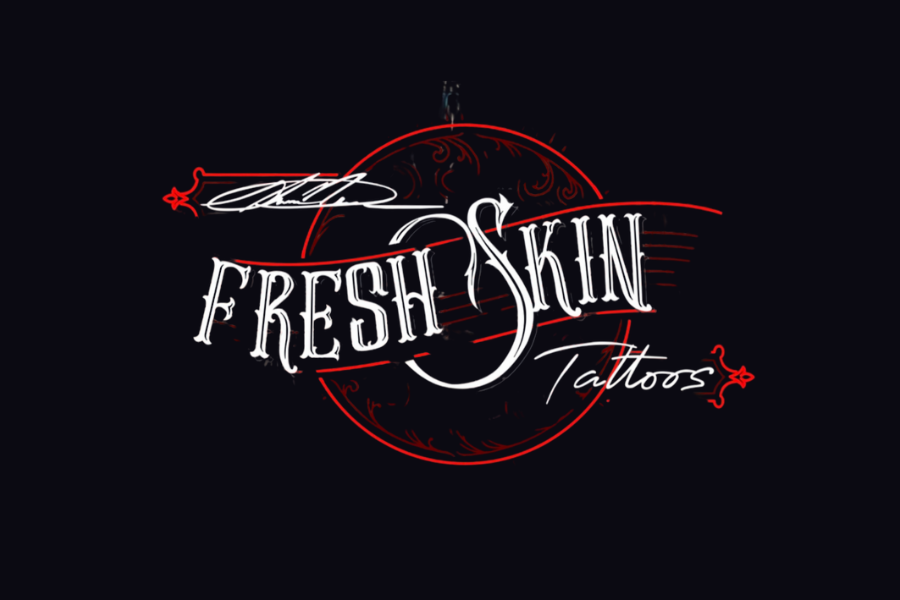Colleen Hoover has dominated the bestseller lists for years, with books like It Ends With Us and Verity becoming viral sensations. Her rapid rise to literary stardom is undeniable, and for many, her novels serve as an emotional escape. But at what point does success overshadow quality? At what point should an author step back and say, “Maybe it’s time to stop”?
Hoover’s books, while widely popular, have been criticized for their repetitive themes, questionable portrayals of relationships, and lack of depth. Her earlier works, such as Slammed, carried a genuine emotional weight. However, as her fame skyrocketed, so did the quantity of her releases, often at the expense of their quality. Books like It Starts With Us felt rushed, reading more like fan service than a thoughtfully crafted novel. Instead of pushing boundaries or exploring new storytelling techniques, Hoover continues to rely on the same formula: emotionally damaged characters, toxic love interests, and dramatic twists designed more for shock value than meaningful storytelling.
Beyond the issue of quality, there’s also the troubling romanticization of toxicity in her stories. Many of Hoover’s books feature relationships that, if examined closely, blur the line between love and abuse. It Ends With Us was meant to be a powerful commentary on domestic violence, but the sequel undermined its message by attempting to redeem an abuser. Similarly, Verity plays into exploitative shock value rather than meaningful suspense. Her male leads are often controlling, emotionally manipulative, or outright abusive, yet they are framed as desirable. This sends a dangerous message, especially to the young, impressionable readers who make up much of her fanbase.
Another issue is Hoover’s overwhelming presence in the publishing industry. Her books occupy significant shelf space in bookstores, drowning out newer, lesser-known authors who bring fresh perspectives and originality to contemporary fiction. Traditional publishing is already difficult to break into, and the industry’s obsession with Hoover means that other talented writers struggle to get the same level of visibility. This is especially frustrating when many of Hoover’s recent works feel repetitive, as though they were written to capitalize on her name rather than to contribute anything meaningful to literature.
At some point, writers must ask themselves whether they are continuing out of passion or simply because they know they can sell books. Hoover’s relentless output suggests the latter. She has already left a significant mark on modern publishing, but perhaps it’s time for her to take a step back and let other voices have a chance. The book world doesn’t need another rushed Colleen Hoover novel, it needs fresh, diverse, and thoughtful storytelling.
I have read 13 of her 17 books and had problems with just about every single one of them. From what I gathered about her writing, she falls into four problematic categories. They either struggle with toxic romance and weird family dynamics, or they just fall flat on what they were trying to accomplish. She also has two books that are described as thrillers, but that’s only because of the half-completed mystery aspect.
Colleen Hoover’s success is undeniable, but success alone shouldn’t justify an endless stream of books with declining substance. Maybe she’s written enough. Maybe it’s time to leave the pen behind.






